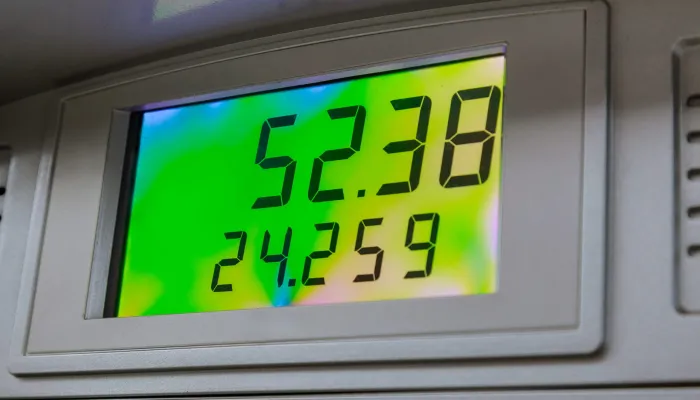If you are looking to monetise your energy savings, the new Energy Saving Certificates system is of interest to you.

Are you familiar with the Energy Saving Certificate (ESC) system? If you are an energy trader who is subject to an annual energy savings quota, this new system may allow you to voluntarily substitute a percentage of your payments to the National Energy Efficiency Fund for certified energy savings. In other words, this new system will create a new market for the purchase and sale of energy savings in which electricity or gas marketers, who are the obligated parties; end customers, who can obtain energy savings for their projects; and energy service companies (ESCOs), who are the delegated parties and will generate and supply the CAE to the market, will come into play.
This new system is determined by Royal Decree 36/2023, of 24 January; Order TED/296/2023, of 27 March and a draft still being processed, which establishes that obligated parties must satisfy at least 60% of their savings obligation through financial contributions to the FNEE, and may satisfy the rest of their obligation by issuing PPAs. The draft regulation, which is currently being processed for approval, is expected to be published soon, so it is essential to anticipate this change in order to be able to monetise the energy savings generated.
What is an Energy Saving Certificate (ESC)?
An Energy Saving Certificate (ESC) is a document that certifies measurable energy savings derived from energy efficiency actions. These include actions aimed at saving energy in areas as diverse as lighting, air-conditioning, industrial processes, etc...
Who is involved in the Energy Saving Certificates scheme?
The PPA system is of interest to those companies that are obliged to make financial contributions to the National Energy Efficiency Fund, which are mainly electricity or gas traders and wholesale operators of petroleum products or liquefied petroleum gases. These obligors will be able to make part of the contribution through the PPAs, which will make their contribution to the NEEEF cheaper.
They will achieve this either by promoting energy saving actions in their organisation that generate PPAs or by purchasing PPAs on the market. On the other hand, Energy Saving Certificates are also of interest to end-customers, ranging from companies in any sector to public administrations, who will be able to obtain a PPA and thus an extra income for the savings achieved. The delegated entities are the link between the obligated entities and the final customers.

How can I purchase or issue a CAE on the market?
The delegated entities, generally energy service companies, are in charge of unifying supply and demand and, therefore, of generating the PPAs in the market. However, in order to do so, they need to meet a series of requirements, including the ability to certify the savings issued. For this reason, the standard establishes, among other requirements, that the company that constitutes the delegated entity must have at least three certified energy auditors with sufficient theoretical and practical knowledge. In this way, a delegated entity can carry out an energy efficiency project together with an end customer, issue a CAE and, in turn, sell this CAE to an obligated entity. This is an opportunity for the delegated entities, as it creates a way to improve the value proposition to end-customers and to earn additional revenues. In other words, with the new PPA system, companies will be able to profit from the purchase of energy savings and, at the same time, consumers will be able to save on their energy bills.
If you are an organisation involved in the new Energy Saving Certificates system, CIRCE can advise you on the best way to monetise your energy efficiency projects and adapt to this new regulation.
Latest news






